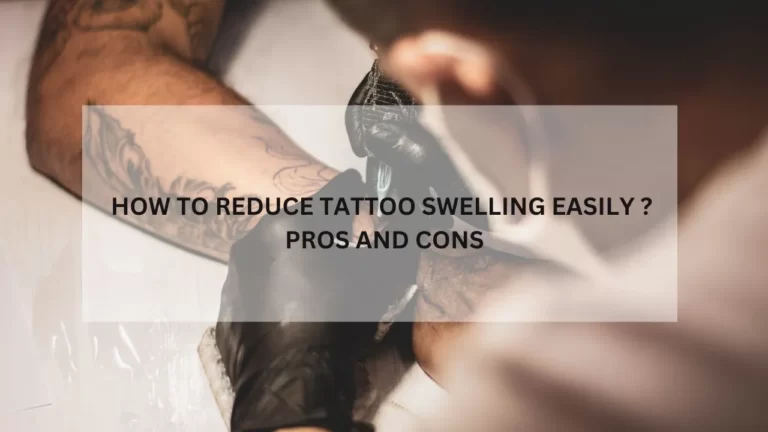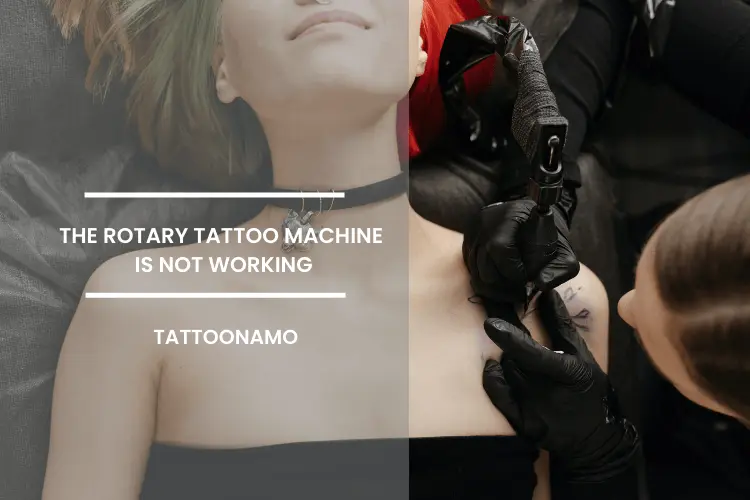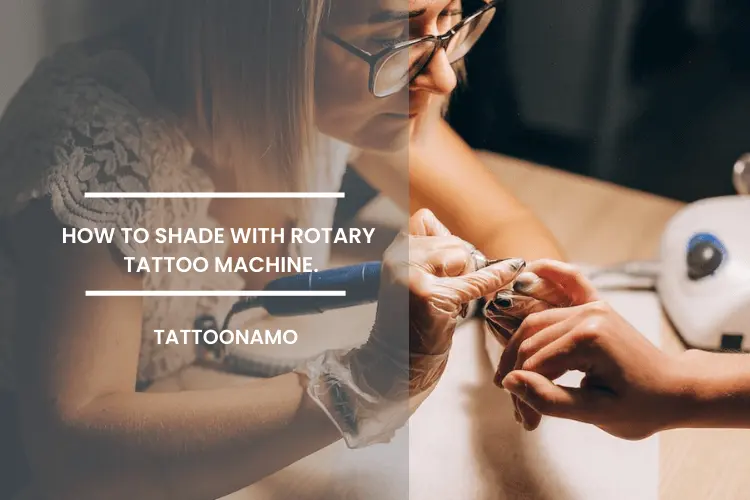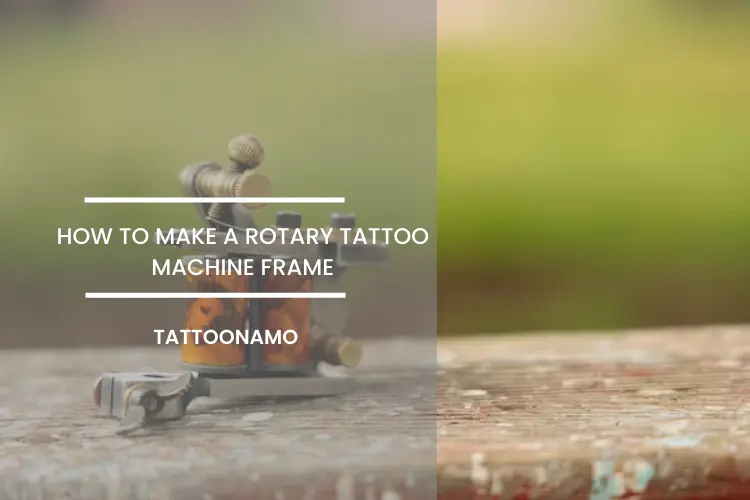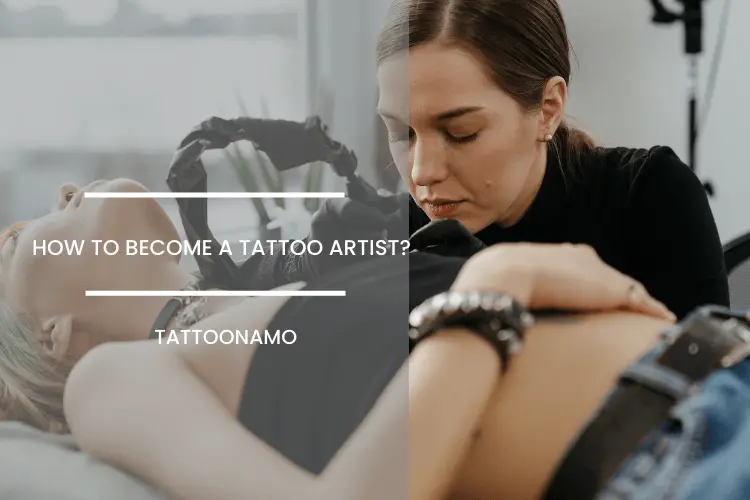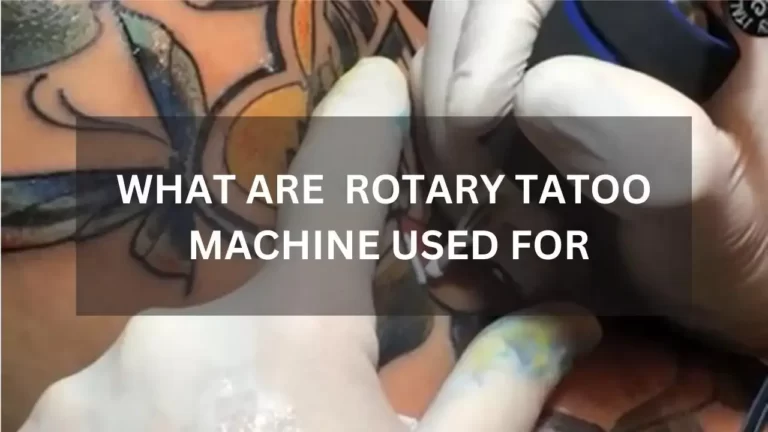13 things to avoid after getting a tattoo?
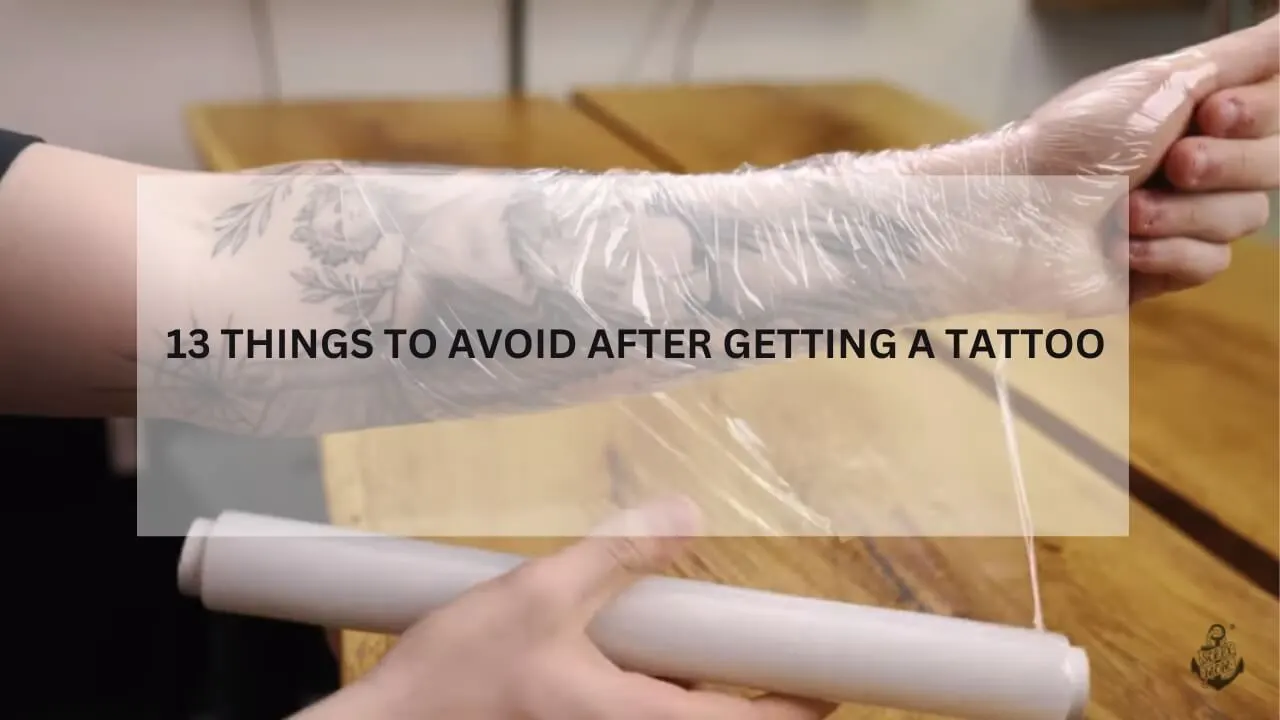
Tattooing is a very complex and astonishing process. It would help if you partook some considerations in mind whenever getting a tattoo. Today, we’ll let you know about the things you should avoid after getting a tattoo. Taking care of your tattoo can help avoid the problems after getting a tattoo and ensure that it heals properly. In this process, both you and your tattoo artist play equal roles. You need to take care of your new tattoo at home in addition to visiting a licensed and reputable tattoo artist.
However, it can be challenging to determine how to take care of your tattoo. Usually, tattoo artists are not required to provide aftercare instructions. The artist frequently has the option of selecting the information to provide. Thus, by reading this article you will come to about the aftercare of tattooing.
13 Things to avoid after getting a tattoo
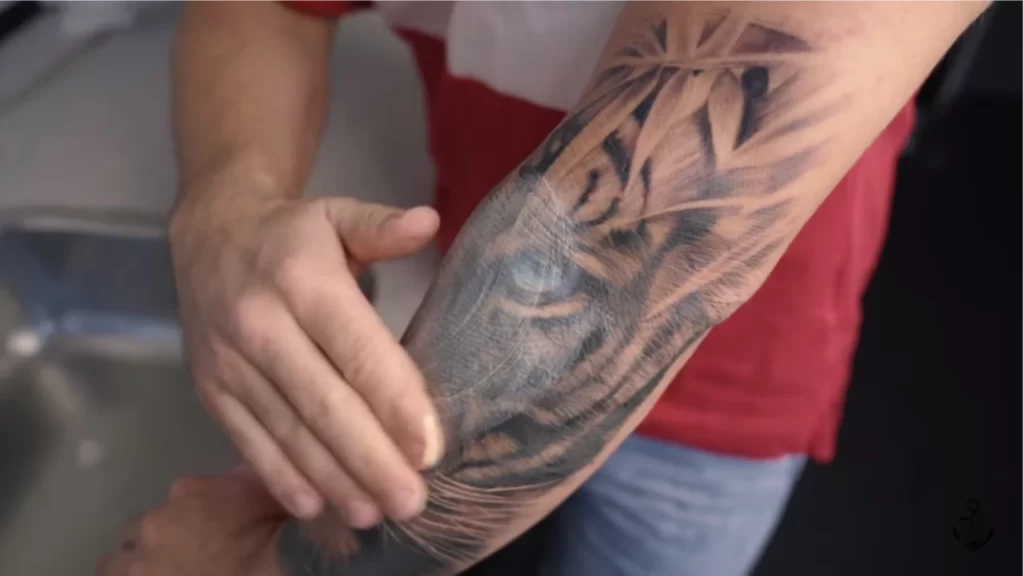
- Exposure to Direct Sunlight
The look you’re trying to achieve with the ink could be seriously harmed if you let direct sunlight get to it. If the area gets too much sun for too long, the tattoo could become bleached and fade and it could blister. Before going outside in the sun, always apply sunscreen to your tattoos once the healing process has begun and the scabs have fallen off. It helps them last longer and stops them from fading too quickly.
2. Touching and Rubbing
Your tattoo should not be touched or scratched until it has healed. You might leave scars. Until your tattoo has completely healed, do not swim, soak in a hot tub, or take a bath.
3. Touching your scabs
No matter what kind of wound you have, you shouldn’t pick at scabs, but you should avoid doing so especially when they are on your tattoo. The inked area will develop some light scuffs as part of the healing process; you should leave these alone. The scabbed parts will tumble off all alone, so hope to find minimal dark pieces wherever for several days while it sheds. The healing process will not be sped up in any way by picking them off, and it may even take longer.
4. Shaving
You can’t shave over your new tattoo until it’s completely healed after getting it. This may take between two and three weeks. Shaving is not an option during this time because you must protect your ink to allow it to heal properly.
5. Relying too much on medicated ointment
Although applying poly or Neosporin might seem like a good idea, you should avoid using these products on new ink. This is because these ointments do their job well enough that your tattoo may heal too quickly.
Again, having a tattoo that heals quickly may seem good, but the zinc and other ingredients in this ointment remove the ink from your skin and keep it on the surface. If this occurs, your tattoo will fade, so avoid applying medicated ointments to it.
6. Excess exposure to water
If you want your tattoo to heal quickly, you should stay away from water at first, whether you’re in the pool or the ocean. Avoid prolonged contact with water because it may cause the tattoo’s ink to shift or change color.
7. Tight clothes
Over a new tattoo, you shouldn’t wear tight clothes. There are many ways this could harm your latest piece of art. For instance, your tattoo requires space to heal and nothing to rub against it. If you’re used to wearing tight clothes or if you work out a lot, this is bad news.
8. Wet healing
Water should never be used to submerge the healing tattoo. As a result, you should stick to taking short showers until the tattoo stops peeling. Since the tattoo is still an open wound at this point, it must be shielded from the sun and filthy surroundings.
9. Excess sweating
If you enjoy saunas or intense workouts, you should take a break for a few weeks if you plan to sweat excessively in the first two to three weeks after getting a tattoo. Again, sweat counts as excessive moisture on healing tattoos. You will undoubtedly sweat to some extent because you are human; however, avoid activities that make you feel like you need to jump into the water to cool off.
10. Excess drugs and alcohol
If you want to get the most out of your opportunity to stay healthy, stay hydrated, and keep your skin in the best possible condition after receiving new ink, particularly large pieces, it is highly recommended that you completely avoid alcohol, drugs, and cigarettes.
Some people may not be able to implement this strategy, so try to keep things in check whenever you can, wash your hands thoroughly, and don’t party for too long or hard. Saturated fat and oil-rich foods should also be avoided.
11. Exercising after getting a fresh tattoo
A tattoo artist will no doubt recommend that you stand by something like 48 hours before arduous actual work and weighty perspiring. The words “at least” are crucial. A wound’s healing typically takes between four and six weeks.
12. Bandaging again and again
When your fresh tattoo is finished, it is wrapped in a bandage designed for healing new wounds. This bandage will be removed anywhere from three to twenty-four hours after the ink has dried and you have left the chair, depending on the kind of bandage you have, the kind of aftercare you will be taking during the healing process, and the instructions from your tattoo artist.
Avoid putting a new bandage on after it has been removed. Wrapping the tattoo again will be counterproductive because it needs to be able to breathe and moisturize at a different rate.
13. Wrapping and rewrapping
There is no need to rewrap your tattoo once you have removed the wrapping because it is now officially free to breathe. You want your tattoo to stay mostly dry at this point, so adding plastic will keep heat in and make too much moisture. Bacteria can grow in an area with too much moisture, which is not something you want on a new tattoo.
Recommendations
It is recommended to do the following things after tattooing:
- Hydrating yourself
- Consuming Vitamin C
- Use soothing products to heal your wound
- Not taking Blood Thinning Pills
- Taking almonds and carrots
- Frequent visits to a doctor
- Keeping yourself in cold temperature
- Gently wash the tattoo
- Cover up the tattoo properly
Conclusion
If you want your tattoo to remain vibrant in color and crisp in design, aftercare is essential. You will have a lot of regrets if you neglect your tattoo, which will have an impact on the work’s overall quality. Your tattoo’s chances of healing to its best will be increased if you follow the suggestions above; however, the mitigating risk does not eliminate it. During the stages of healing, you might do everything right, but your healing tattoo might still have issues. Your tattoo artist or the shop where you got your tattoo should be your first port of call if you have any issues during the healing process. While the tattoo heals, they will be able to calm any fears you may have, suggest a different treatment option, or refer you to a doctor for medical attention if necessary.

